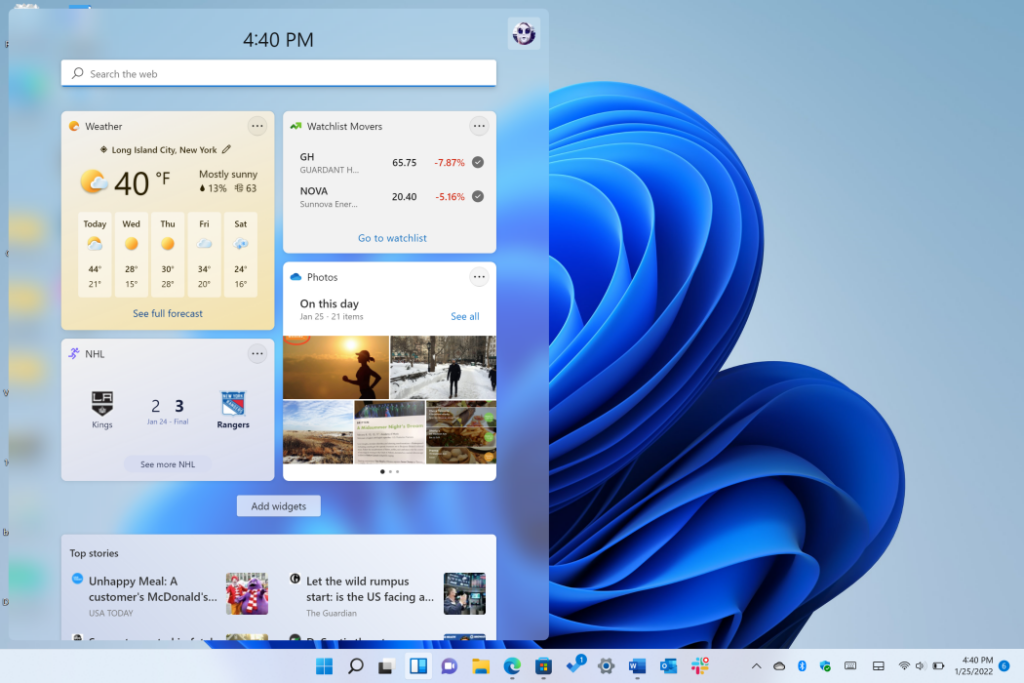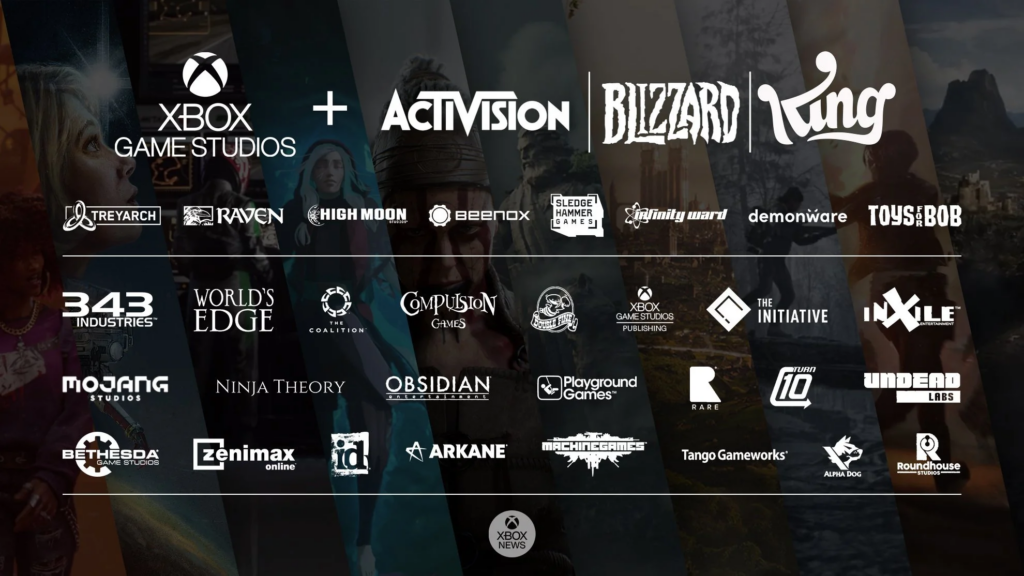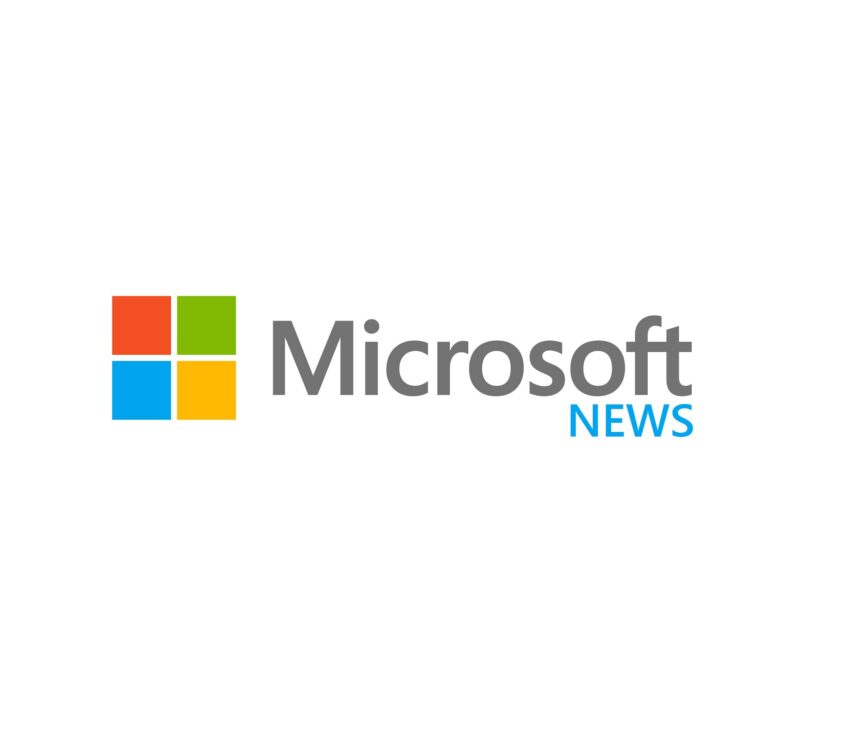Microsoft is updating several key products: Windows, Office, and DALL-E. The company has backtracked on rumors about the end of free Windows 11 upgrades, addressed Office support cuts, and taken action against hackers exploiting AI image generation. Here’s a breakdown of the latest Microsoft news, from the Windows 11 upgrade path to DALL-E cybersecurity challenges.
What’s Happening & Why This Matters
Windows 11 Upgrades: Free for Now
Microsoft recently clarified that its earlier blog post regarding the expiration of free Windows 11 upgrades was incorrect. Contrary to what was suggested, the company confirmed that Windows 10 users can still upgrade to Windows 11 for free. While Windows 10 support will end in 2025, users will not be forced to pay for the upgrade immediately. The company also revealed that it will continue supporting Office and Microsoft 365 apps on Windows 10 until 2025. Users will need to upgrade to Windows 11 to continue receiving updates.
This confusion arose after Microsoft posted a misleading headline about the upgrade path, launching concerns among users. With about 42% of users still on Windows 10, these updates offer some relief to those who have delayed upgrading to the newer operating system.

Office Support Changes: Preparing for Windows 11
Microsoft is still ending support for Microsoft 365 apps on Windows 10 by October 14, 2025. While the apps will still work post-deadline, they will no longer receive updates including security patches. This will lead to performance and reliability issues over time. The company recommends users transition to Windows 11 for continued app support and optimal performance.
Microsoft offers an extended support program (for a fee) for businesses or individuals who wish to remain on Windows 10. This adjustment reflects Microsoft’s push to drive adoption of Windows 11, especially as the OS gains traction. Over 60% of businesses have adopted Windows 11 globally.
DALL-E Hacked: Microsoft Takes Action

In other news, Microsoft has filed a lawsuit after hackers bypassed safeguards on the DALL-E AI image generator. Using stolen login credentials for Azure OpenAI, the hackers accessed DALL-E to create harmful, offensive images. The hackers deployed a custom tool, “de3u,” which bypassed Microsoft’s content filters and allowed them to generate illicit content.
Microsoft responded swiftly by seizing the domain used in the attack to prevent further misuse of its AI technology. The company also deployed additional safeguards to prevent similar incidents from occurring. The hackers, identified as a foreign-based group, had resold access to DALL-E’s services, fueling the creation of harmful content.
This breach represents the growing concerns about AI misuse and cybersecurity. Microsoft and other software makers are committed to protecting their technology and have sent a strong message that they will not tolerate malicious use of their platforms.
Jobs Cut to Gaming Division
Another noteworthy development is Microsoft’s staff layoff across several divisions, including its gaming sector. These cuts come after a disappointing performance in Microsoft’s gaming revenue, which grew by only 5.8% instead of the expected 11%. Although the layoffs are described as “small,” they indicate the ongoing challenges Microsoft’s gaming division faces, particularly in light of recent acquisitions such as Bethesda and Activision Blizzard.
Despite the struggles, Microsoft’s gaming strategy bolsters its Game Pass service. The company’s investments in large studios have not yet yielded the hoped-for results. Microsoft Gaming CEO Phil Spencer has acknowledged that some decisions, such as rejecting popular titles, have not paid off.

TF Summary: What’s Next
Microsoft’s updates on Windows 11, Office support, AI security, and gaming reflect the company’s strategic shifts as it adapts to a rapidly changing tech environment. With Windows 10 support ending soon and the company actively working to address AI security risks, Microsoft is transitioning to its next strategic phase. Meanwhile, the gaming division struggles with performance issues despite the hefty investments in massive game studios. As the company streamlines its products and services, it will be interesting to see how these challenges and opportunities impact Microsoft’s future outlook.
— Text-to-Speech (TTS) provided by gspeech


